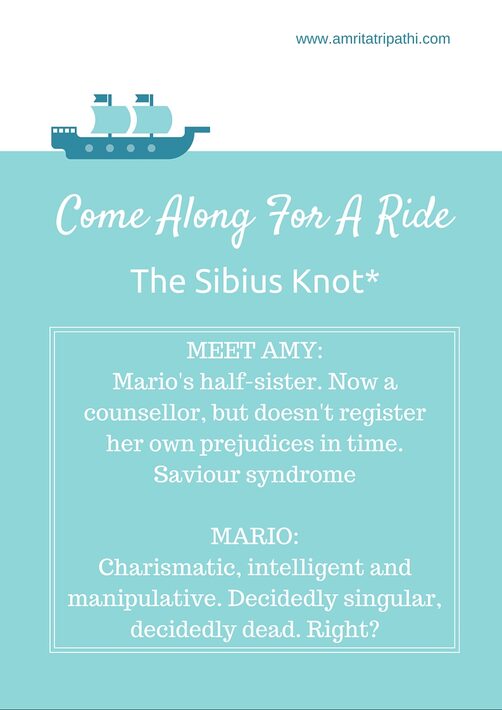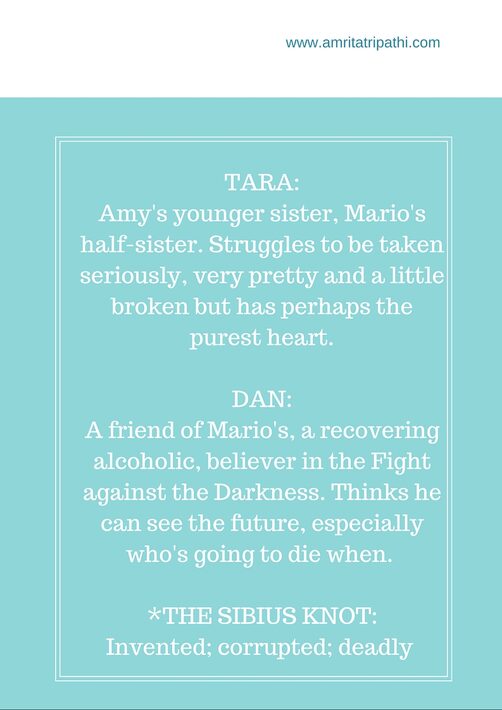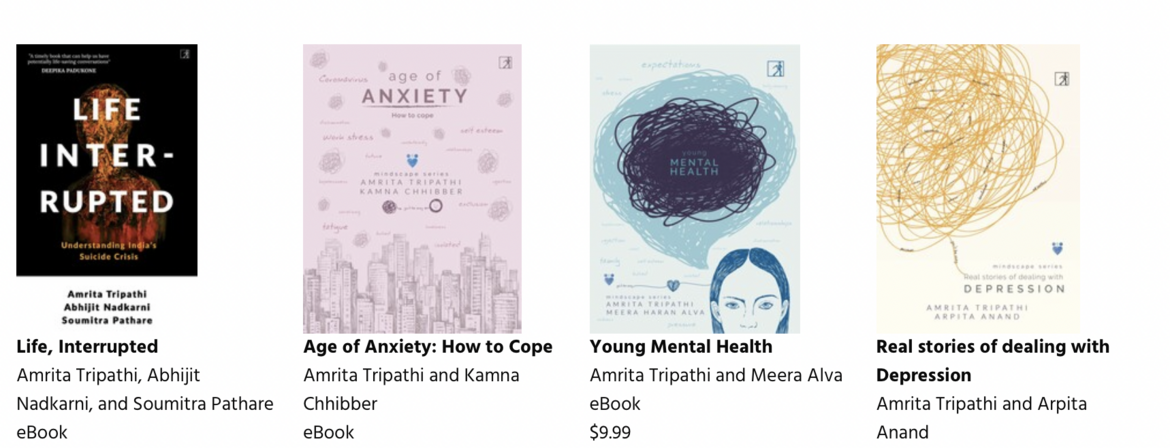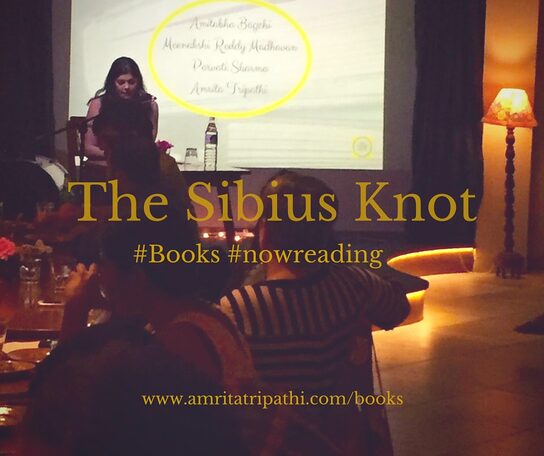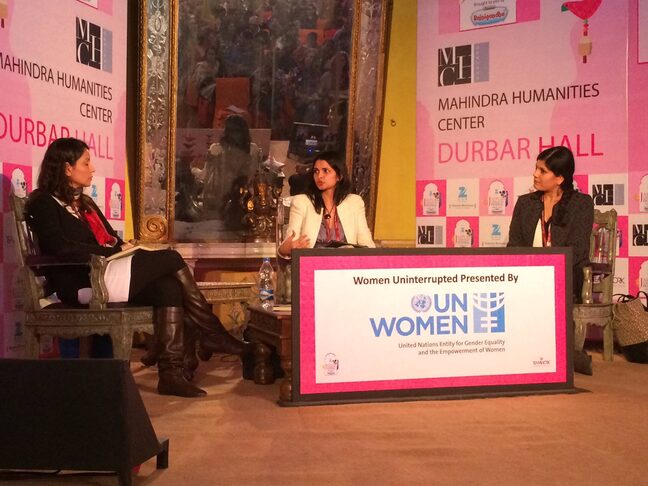The Sibius Knot -- an invention of my characters' (I mean, mine) -- is a book that is really rooted in the city of Delhi, starting off in the '90s or so.
A group of friends essentially get lost, as they come of age, they lose the plot, friendships unravel, and lives spiral out of control... till they start realising what's going on. Globe-trotting between Delhi and New York and back again, this ultimately is a story about love found and lost -- familial love, sibling love, love love and the strong love we feel for our friends, even when we don't know what the hell they're up to.
I hope you enjoy meeting the characters below... And hit me up when / if you do get a chance to follow them into their maze!
